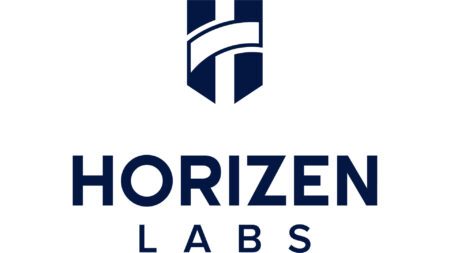US.. markets regulator, the Securities and Exchange Commission (SEC), plans to outsource its blockchain monitoring and compliance data.
The SEC is reportedly planning to run through contractors a Bitcoin and an Ethereum node, Trustnodes.states, adding that it also plans the same for the blockchains of other cryptocurrencies: Bitcoin Cash, Stellar, Zcash, EOS, NEO and XRP.
The SEC, in a notice published on the Federal Businesses Opportunities website, wrote:
The United States Securities and Exchange Commission (SEC), 100 F Street, NE, Washington, DC 20549, intends to procure a commercially available off-the-shelf (COTS) enterprise-wide data subscription for blockchain ledger data to support its efforts to monitor risk, improve compliance, and inform Commission policy with respect to digital assets.
Monitoring Risk
While it provided no distinct reason for the actions, the regulator said the move would help “support its efforts to monitor risk, improve compliance and inform Commission policy with respect to digital assets”.
It stated:
The subscription shall source all blockchain data from hosted nodes, rather than providing this data as a secondary source.
This data would include hashing algorithms, hashing power, mining difficulty and rewards, transaction quantity and size, coin supply and blockchain size.
Deeper Analytics
While such data can be provided by many blockchain explorers, it appeared the SEC is looking for a data provider that also offer analysis. It stated the contractor must:
Demonstrate level of rigor of data cleansing and normalization meets requirements of financial statement audit testing.
It remained unclear, however, why the regulator was interested in the Bitcoin network. It has frequently said that bitcoin is not a security and acts more like a commidity and therefore does not come under its regulatory oversight, but that of the Commodity Futures Trading Commission.
But perhaps it needs information from the activities on all blockchains to determine when a cryptoasset project is a security and when not.
Compliance From New Issuers
Ethereum, for example, does not come under the SEC’s regulatory oversight, yet companies issuing tokens over its network might be different.
Trustnodes suggested that with the assistance of such as new system, newly issued tokens might have lower burdens of compaliance because many aspects could be automated and auto generated through blockchain analysis.
Trustnodes concluded:
So the American regulator might perhaps finally be moving a bit, but it’s not clear whether their focus is more on enforcement or on facilitation of capital formation.









